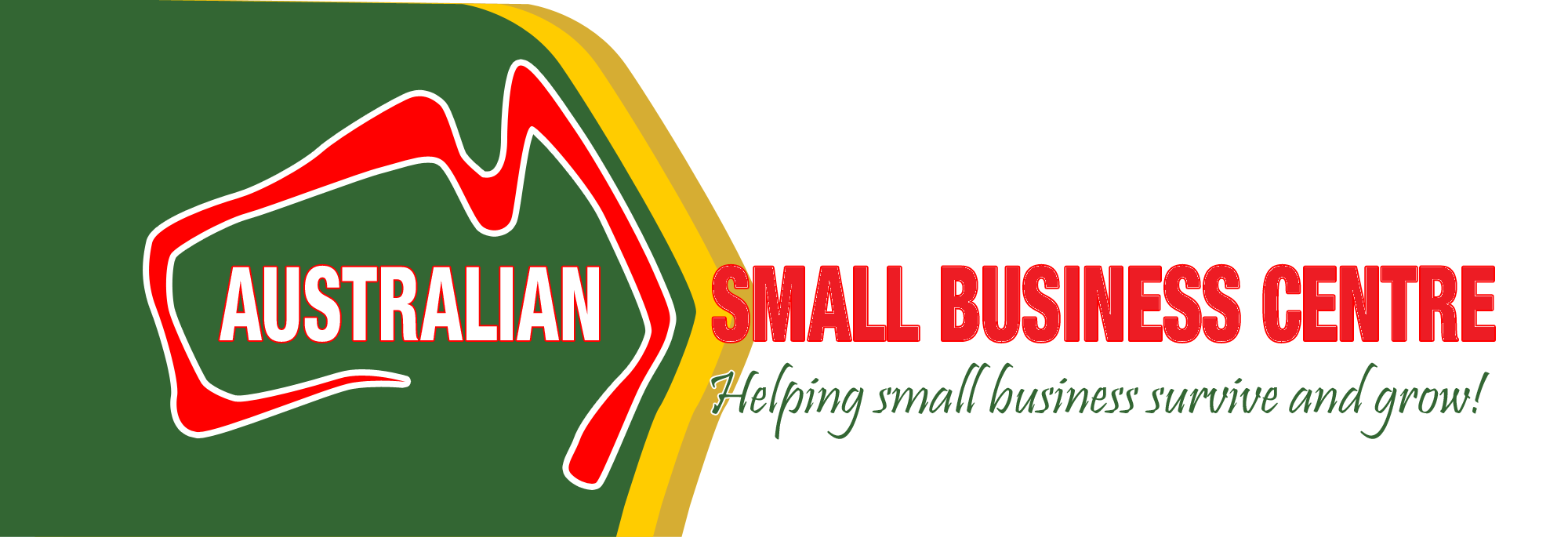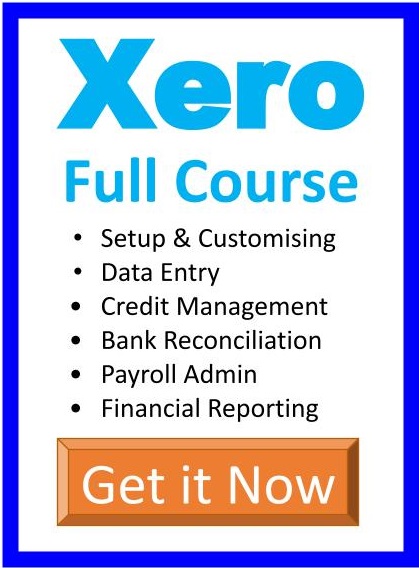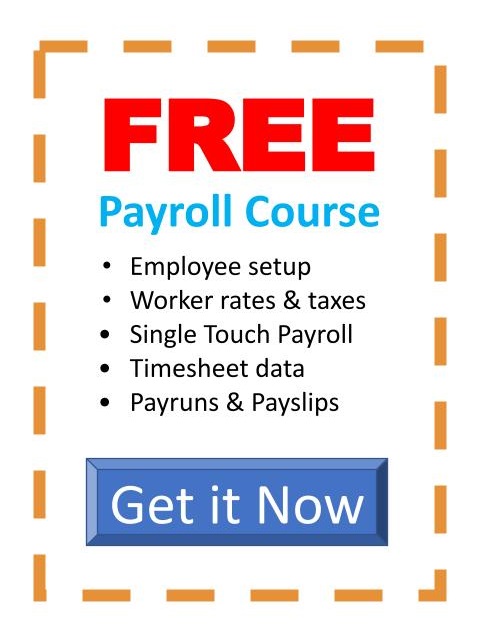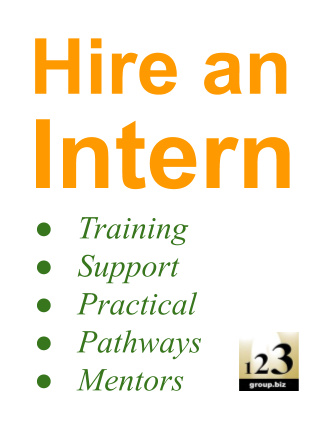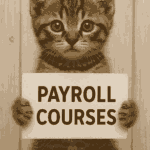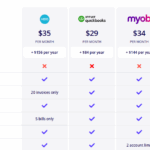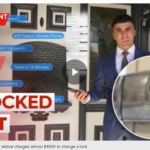There’s a lot to learn about people who pay their tax debts late
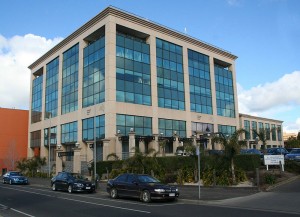 The ATO announced the other day that they’re owed more than $35b in tax debts, mostly from businesses and individuals are late filing their returns or making payments. Even though big businesses have often been accused of minimising their tax bill, via some creative accounting and moving of funds, that accounted for a mere 0.01 percent of the $35b in collectible debts.
The ATO announced the other day that they’re owed more than $35b in tax debts, mostly from businesses and individuals are late filing their returns or making payments. Even though big businesses have often been accused of minimising their tax bill, via some creative accounting and moving of funds, that accounted for a mere 0.01 percent of the $35b in collectible debts.
In fact it was small businesses, and especially what the ATO classifies as micro-businesses, with annual turnovers under $500k, that make up three-quarters of the debt owed to the Federal Government; individual taxpayers account for approximately 16 percent of the debt.
According to the ATO, late payments – collectible debts that are overdue for payment – represent a little over $12m in debts owed to the ATO. This doesn’t even account for the number of small businesses that haven’t filed activity statements or tax returns in years – sometimes for more than three years!
So have you been using the ATO to fund your business?
There’s a great majority of small businesses that could fall into this category, and quite often it’s unintentional. Many small businesses, in particular, sole traders, put off doing their taxes simply because they haven’t kept up with their bookkeeping. They tell themselves they’ll get it straight before going to their tax agent, but they never do; one financial year rolls into another, and before they know it, three years have passed.
If you fall into this category, it’s a wise move to find a bookkeeper who can get your accounts up-to-date. By not filing a return or activity statement, you risk incurring late logement fines – or worse, being caught out by the ATO, for which the penalty is harsh and swift. You’re also doing your business a great disservice.
Oftentimes, small businesses that believe they owe the ATO a lot of money in taxes, usually learn that they don’t; or at the very worst, it’s not nearly as much as they imagined. But not filing your returns and activity statements just puts your at risk of incurring costly fees and penalty (some people even face court action); not to mention the vexing stress that accompanies knowing you still haven’t lodged your tax return.
A change in mindset can make you rich
Non-logement doesn’t account for the currently outstanding debt of $12m, which is the result of late payments. There’s a good chance that if you’re not one of the small businesses that hasn’t filed a tax return or activity statement, then you’re probably a little late paying off that tax bill from last year (or the year before, in some instances).
If that sounds like you, it’s a good idea to set up a payment plan that you can stick to. You’d be surprised how flexible the tax office will be if you show a willingness to pay back what you owe; not so willing are their external firm of debt collectors, which have been as unrelentless as they have been tough in pursuing outstanding debts.
The ATO has been making use of third-party debt collection agencies for an increasing amount of outstanding debts; between 2011 and 2013, more than 800,000 cases, worth $3.6b, had been referred to external debt collectors, with $2.36b collected.
Unfortunately, when a debt is referred to a debt collection agency, it usually goes on your credit record; they’re also more likely to take legal action against your to recover the debt, than if you settled it with the ATO directly. That’s not to mention the additional fees the debt collection agency adds, which can range from a flat ‘debt collection’ fee to processing fees for collecting the money from you, and etcetera.
How to change your mindset
File your tax returns, lodge your activity statements, or pay off any outstanding debts. If you need help, find a bookkeeper/tax agent to help with get your books in order, and who can help you file your returns and activity statements. If you have many years worth of returns, statements, and outstanding debts piling up, it might be an idea to speak with the ATO (on the phone or in person), to arrange some sort of payment plan.
And moving forward, try to stay on top of your taxes. If your problem mainly stemmed from poor record keeping, hire a bookkeeper – even if you only pay them strictly to manage your books and keep on top of the data entry (straight bookkeepers are often cheaper that registered BAS and tax agents).
One great way to think about the need to pay taxes and other government charges is to be thankful for what they pay for: Good health system, good standard of living, good freedoms not available in many countries, good roads, ports etc (not all these are funded by federal taxes, sure, but it’s generally a good way to think). When you start thinking this way and make your payments you’ll get rid of that horrible feeling of fear that these taxes need to be paid and it’s a healthy beginning to a new way of thinking about other aspects of your business too.
It’s as much operational as financial
I was interviewing some new members of our academic board recently, where we covered some topics for our small business operations and financial courses and when you drill down you realise that payment of taxes is very much part of the operation of your business as it is a financial requirement. As Jim Rohn so famously says, taxes are “the wind that blows” – business circumstances that every business owner has to deal with and manage.
 Do you have a question you’d like to see answered via our blog? You are welcome to submit your answer then make sure you subscribe to the blog and wait for it to arrive via email.
Do you have a question you’d like to see answered via our blog? You are welcome to submit your answer then make sure you subscribe to the blog and wait for it to arrive via email.
